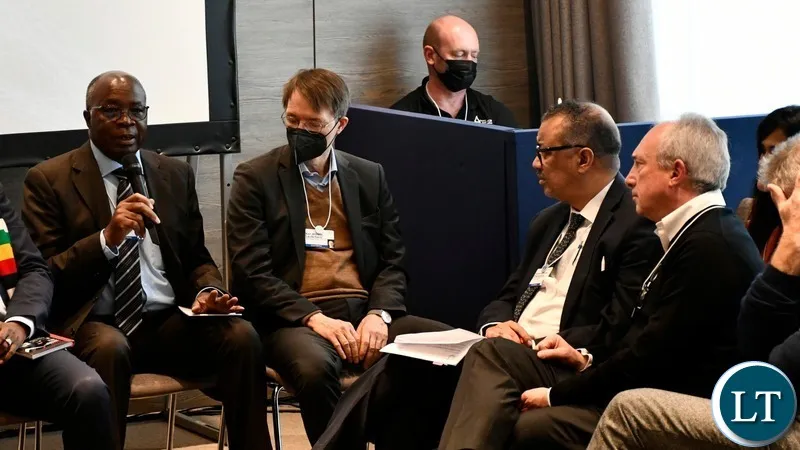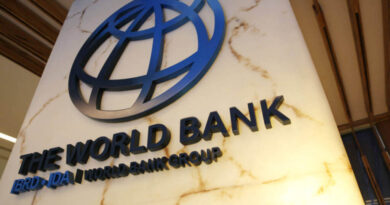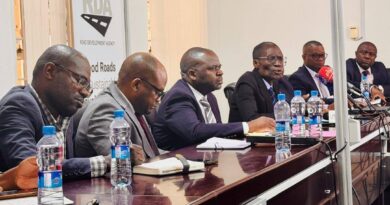Zambia Signs MOU After 15-Month Debt Negotiation, Paving Way For Economic Growth
Breaking news coincides with the ongoing World Bank/IMF meetings in Morocco, as Zambia proudly announces significant developments in the realm of macroeconomic trends.
Through diligent efforts by the governing authorities, Zambia is taking substantial steps towards fostering growth in its local economy while keeping a keen eye on ensuring debt sustainability.
Earlier this year, the country successfully negotiated a debt agreement that instilled market confidence in its economic prospects.
Over the past decade, Zambia accumulated a complex web of debt from various stakeholders.
In response to the imperative of balancing economic growth and development, the government embarked on a debt negotiation process. In June, it reached a breakthrough in restructuring its debt with official creditors.
This pivotal agreement encompasses a substantial portion of Zambia’s external debt, amounting to US$6.3 billion.
The terms of the deal include an extension of the repayment period by over 12 years, accompanied by a three-year grace period during which only interest payments are due.
With the memorandum of understanding signed with the official creditors committee, Zambia is strategically positioning itself to enhance public finance management, aligning with IMF recommendations and the national development plan.
The debt restructuring process is poised to provide Zambia with the much-needed fiscal space to support key areas of economic interest, alleviating pressure on external debt servicing.
The anticipated outcome is a 33% reduction in external debt servicing costs, from K18 billion in the 2023 budget to a projected K6 billion in 2024. Additionally, it is expected to boost revenues by approximately 14% by the 2025 financial year.
The savings resulting from this debt restructuring are earmarked for critical social sectors, particularly healthcare and education. This aligns with government policy priorities in these key areas.
This memorandum of understanding is a cornerstone for shaping Zambia’s debt management strategies.
The government aims to negotiate with all stakeholders within the private creditors committee, including multiple Eurobond holders, to ensure the sustainability of its external debt.
It is anticipated that these negotiations will conclude before the end of the calendar year, ensuring a smoother financial budget for the following year, free from debt-related challenges.



